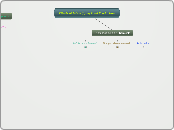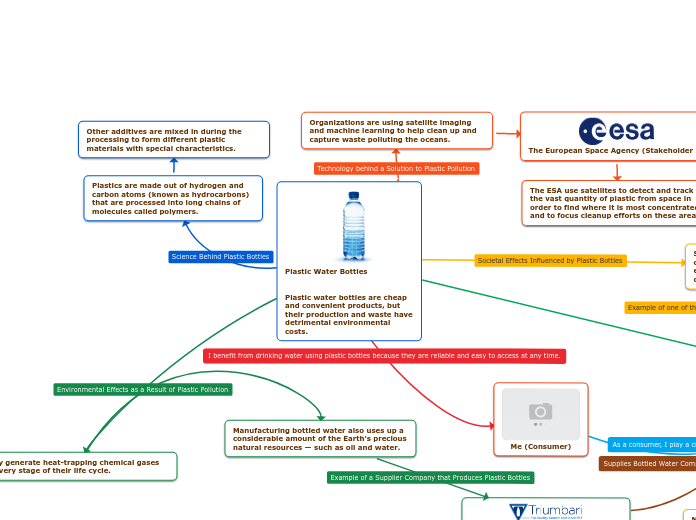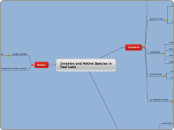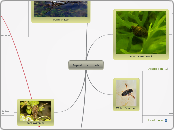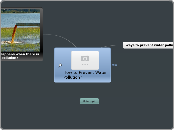Effects of Intensifying Food Production
Increased Use of Chemicals
Water pollution
When excessive peaticides or herbicides are used,they seep into groundwater of dissolve in surface runoff
Th contaminated water eventuallt flows into naerby water bodies cuasing water pollution
Eg. Dam near Rennes. stopped by public health authorities due to pesticide contamination
Poision people who drink this water
Chemicals harm or kill aquatic plants and amimals
Eutrophication in water bodies
Subtopic
Caused by excess fertilisers being washed into nerarby rivers or lakes by rain
This causes rapid growth of algae
Reducing the oxygen supply available for other aquatic life
Leading to the death of many aquatic plants and animals
Imbalance in soil nutrients
Chemical fertilisers do not supply all the nutients the crop needs
Chemical fertilisers do not add humus to soil
Humus is a organic substance formed by the decomposition of dead plants and animals
This causes the soil to lose its fertility over a long run
Increased Use of Irrigation
Waterlogging
Too much water is used in th fields
Causes soil to be saturated with water
Eg. India,where farmers over irrigate the land to wash excess salt from the land to reduce salination
Preventing air and nutrients that the crops need from reaching them
Causing them to wither and die
Leading to a decrease in crop output and food production
Salination
Occurs in arid regions
Eg.dry regions-Syria and Kuwait and coastal areas-India and Libya
Source of irrigation is groundwater and sea water,salinity of soil increases
Caused in areas where dams are constructed
Eg. Eygpt,Aswan Dam built across Nile River
Results in sediments and minerals trapped in the reservior behind the dam.
When water from the reservoir, is used to irrigate the crops. The salinity of the soil increases.
If the process continues,the salt in the soil would be too high for most of the crops to grow well.
Building up of salts within the soil
This occurs as flood irrigation is practised
Where the water covers the surface of the land
When water in the field is used up by crops or has evaporated into the atmosphere,the salts in the water are left behind.
As time goes by,salts in the soil build,thus lowering the quality of the soil
